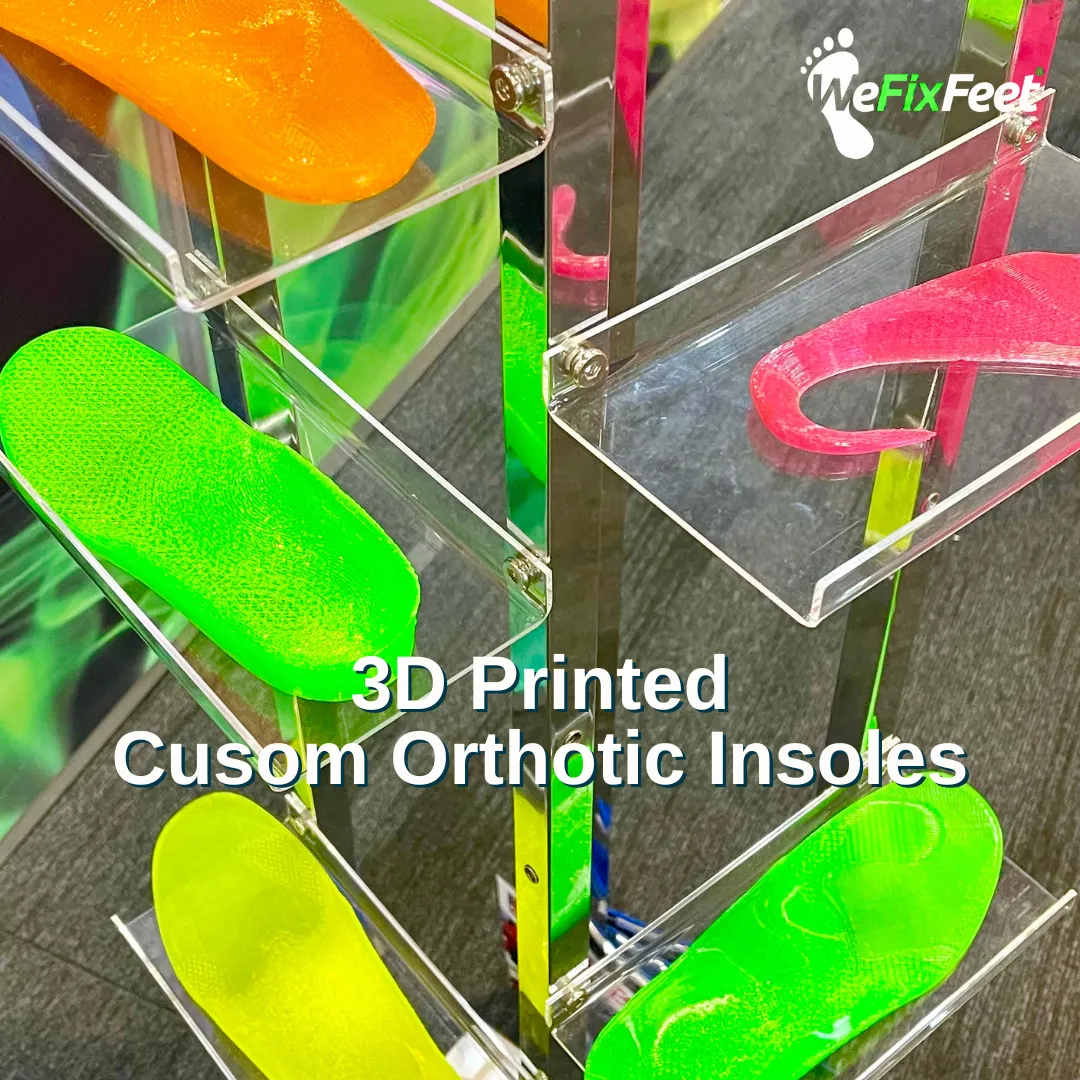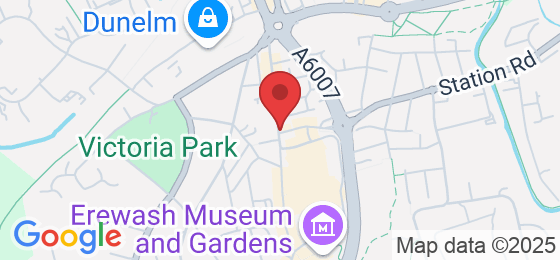
How Do Orthotics Benefit Flat Feet? Understanding Their Impact
A Common Problem With Life-Changing Solutions
Flat feet—also known as fallen arches—are more common than most people think. While some people go their whole lives without any issues, others experience pain, instability, fatigue, and a ripple effect of biomechanical problems. If you’ve ever wondered whether orthotics can actually help flat feet, you’re not alone.
In this in-depth guide, we’ll break down:
What flat feet are and how they affect your body
Common symptoms and long-term risks
The role orthotics play in supporting and correcting flat feet
Different types of orthotics (and why custom matters)
How to know if they’re right for you
Let’s explore how something as simple as supportive insoles can have a profound impact on your posture, pain, and performance.
What Are Flat Feet?
Flat feet occur when the arches of your feet collapse or never develop properly. Instead of having a noticeable curve on the inner side of the foot, the entire sole touches the ground when standing.
There are two main types:
Flexible flat feet – the arch appears when off the ground but flattens under weight
Rigid flat feet – the arch is absent both when standing and at rest
Flat feet can be:
Genetic
Caused by injury
The result of tendon dysfunction (e.g. posterior tibial tendon)
Linked to ageing, obesity, or certain neurological conditions
Why Flat Feet Can Be a Problem
Not all flat feet cause symptoms, but when they do, they often lead to:
Foot pain, especially in the arch, heel, or ankle
Overpronation, where the foot rolls too far inward during movement
Knee, hip, or lower back pain due to poor alignment
Fatigue after short periods of walking or standing
Increased risk of plantar fasciitis, Achilles tendinopathy, or shin splints
It’s important to understand that your feet are your foundation. When that foundation is unstable, the rest of your body can suffer.
What Are Orthotics?
Orthotics are medical-grade shoe inserts designed to support, align, and improve the function of the feet. Unlike basic insoles you buy at the chemist, orthotics are crafted based on an individual's biomechanics, foot shape, and condition.
Types of orthotics:
Prefabricated (off-the-shelf): More affordable but less specific
Custom orthotics: Designed using 3D foot scans, gait analysis, or pressure mapping to match your exact needs
Orthotics can be made from various materials, from soft cushioning foams to rigid carbon composites. The type used depends on your symptoms, lifestyle, and condition severity.
How Do Orthotics Help Flat Feet?
1. Arch Support and Realignment
Flat feet lack the structural support that arches provide. Orthotics work by:
Lifting the medial arch
Controlling overpronation
Redistributing weight across the foot
This support reduces strain on the plantar fascia, ankle ligaments, and tendons—particularly the posterior tibial tendon, which often weakens in flat-footed individuals.
2. Improved Posture and Alignment
By stabilising the feet, orthotics help correct the alignment of the entire kinetic chain: ankles, knees, hips, and spine. Many people notice less knee or back pain once their flat feet are properly supported.
3. Shock Absorption
Flat feet can struggle to absorb shock efficiently. Orthotics with built-in cushioning help reduce impact forces when walking or running, improving comfort and reducing fatigue.
4. Preventing or Slowing Progression
For those with flexible flat feet, especially children or younger adults, orthotics can help prevent the condition from worsening. In more severe cases, they can support function and reduce the risk of surgery.
5. Relief from Secondary Conditions
Flat feet are often associated with other issues like:
Plantar fasciitis
Heel spurs
Achilles tendinopathy
Patellofemoral pain syndrome
Shin splints
Orthotics can relieve pressure on the affected areas and reduce compensatory movement patterns that contribute to these problems.
Custom vs Off-the-Shelf Orthotics
While over-the-counter orthotics may help with minor discomfort, custom-made orthotics are designed to:
Fit your exact foot contours
Correct your specific gait patterns
Support your unique pressure points and needs
At We Fix Feet, we use 3D foot scanning technology to produce precision-milled orthotics tailored to your biomechanics. These are often used as part of a wider rehabilitation programme for long-term benefit.
When Should You Consider Orthotics?
You may benefit from orthotics if you:
Have been diagnosed with flat feet
Experience regular foot, knee, or back pain
Notice excessive wear on the inner side of your shoes
Feel unstable or tired after walking
Are recovering from a sports injury or long-term strain
Orthotics can be used preventatively too—particularly for runners, gym-goers, or professionals who spend hours on their feet.
What to Expect from an Orthotic Assessment
At We Fix Feet, your journey typically includes:
Biomechanical assessment – Observing your walking pattern, alignment, and range of motion
3D foot scanning or pressure mapping – Capturing detailed foot structure and movement
Treatment plan – Recommending orthotics as part of a plan that may include shockwave therapy, rehab exercises, or footwear advice
Orthotics are not a magic fix, but when used correctly, they are a powerful tool for improving quality of life.
Success Stories: The Difference Orthotics Make
Matt, 32 – Casual Runner & Gym-Goer
"After years of discomfort, I finally had a gait assessment. I was fitted with custom orthotics, and within weeks, the difference was amazing—no more shin splints or aching knees after a run. I wish I’d done it sooner."
Sarah, 54 – Teaching Assistant on Her Feet All Day
"I used to go home in agony after work. The orthotics I got at We Fix Feet gave me instant relief. Now I feel more balanced and less tired."
Stories like these highlight how impactful the right support can be—especially when it’s tailored.
Common Myths About Orthotics
Let’s bust a few:
"They make your feet lazy." Not true. Orthotics don’t replace your muscles—they assist them so they don’t overcompensate.
"Only old people need them." Wrong again. Many athletes, teens, and professionals benefit from orthotics.
"All insoles are the same." Custom orthotics are medical devices—not gel inserts from a shop.
Preventing Issues if You Have Flat Feet
Orthotics work best as part of a holistic approach. Other supportive strategies include:
Wearing supportive footwear (not just trainers)
Stretching the calves and Achilles regularly
Strengthening intrinsic foot muscles and glutes
Managing weight to reduce load on feet
Regular check-ups if you’re on your feet a lot
Final Thoughts: A Small Step That Makes a Big Difference
Flat feet may be common, but they don’t have to mean discomfort or limitation.
With a clear diagnosis and the right orthotic support, you can:
Improve posture
Reduce pain
Prevent long-term issues
Move more freely and confidently
Whether you’re running marathons or chasing after your kids, orthotics can help you do it all—without pain holding you back.
📞 Ready to learn more? Book your biomechanical assessment today at www.wefixfeet.co.uk or call 0115 9328832.
Ask The We Fix Feet Team
Fill in the form to request a Call From Our Team
One of our team will call you for FREE and answer any questions or concerns you may have about your uncomfortable foot condition

Where To Find We Fix Feet
Our We Fix Feet podiatry clinics are conveniently located in Ilkeston, Derbyshire and Beeston, Nottinghamshire
Open: Mon-Fri 09:00-17:00 / Sat 09:00-13:00
94 Bath Street, Ilkeston, Derbyshire DE7 8FE
8 Wollaton Road, Beeston, Nottinghamshire NG9 2NR
Pay and display parking nearby




